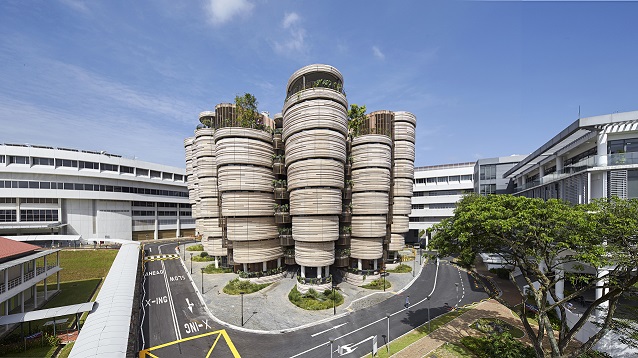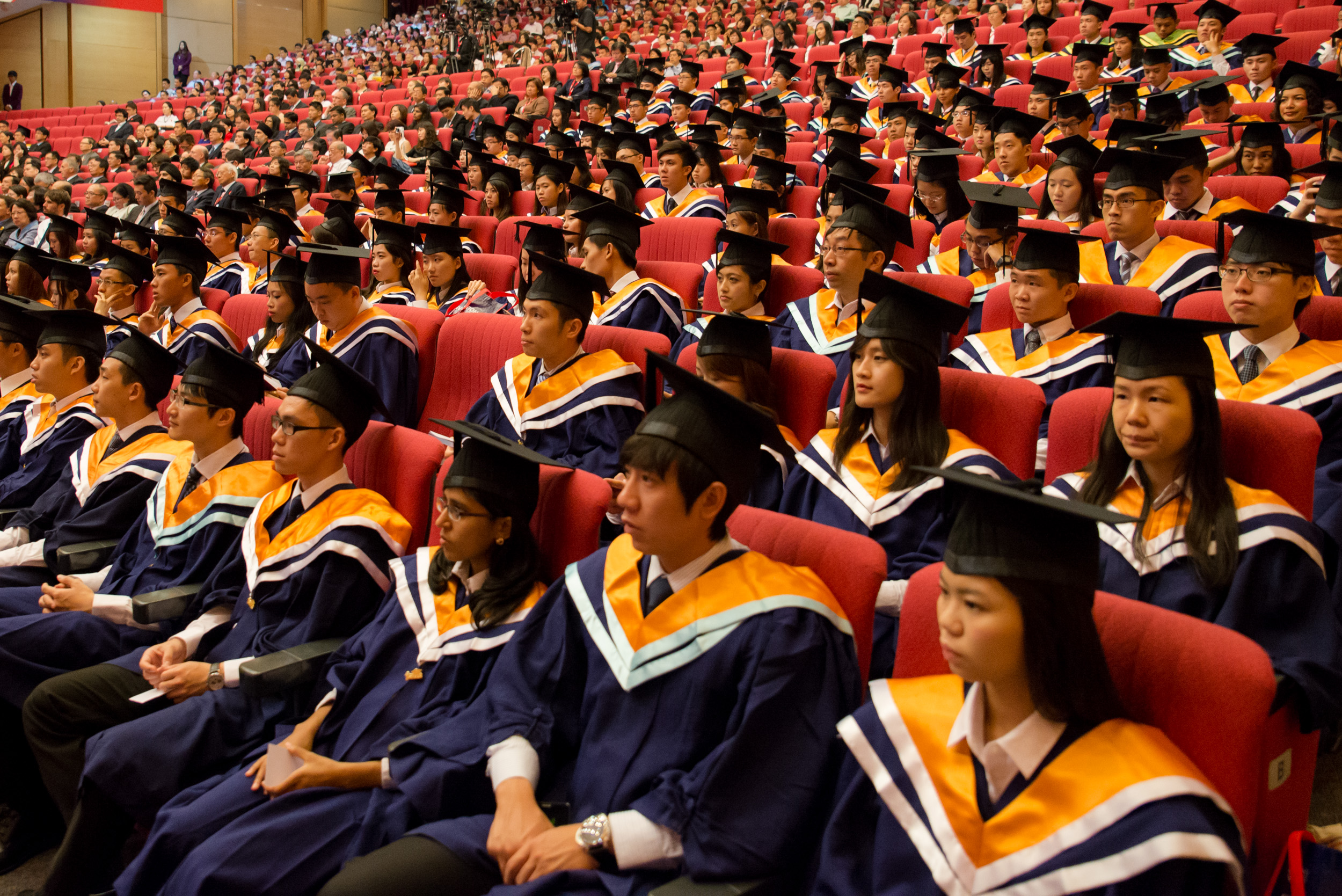The Nanyang Technological University (NTU) was ranked third among the world’s top young universities for 2017, according to the London-based Times Higher Education. The university had dropped one position from last year.
NTU was the only university from Singapore in the top ten.
In the first place was Switzerland’s Ecole Polytechnique Federale de Lausanne for the third consecutive year. Universities from Hong Kong, South Korea, the Netherlands, Germany and Italy made up the rest of the top ten, Todayonline reported on April 5.
The indicators for Times’ ranking are grouped into five categories: Teaching, research, citations, international outlook, and knowledge transfer.
NTU saw an increase in its overall score over the past year, with improvements in teaching, citations and international outlook categories. However, the university faced “stronger competitors than ever from its near neighbours in the ranking,” said Phil Baty, Times Higher Education World University Rankings editor.
“NTU is a world-class performer and I have no doubt this will spur them on,” he added. “Singapore has a promising future in the Under 50 list in the years to come; while several other countries’ representatives are nearing their 50th anniversary, NTU is just 26 years old.”
“We are proud to fly the Singapore flag in the top league of the Times Higher Education ranking. NTU has consistently earned our place in these and many other rankings in recent years. These latest results reaffirm NTU’s globally acknowledged strengths in teaching, research and working with our international partners and the industry,” said Professor Bertil Andersson, President of NTU.
Last month, NTU was ranked fourth in the world in Engineering and Technology in the Quacquarelli Symonds (QS) World University Rankings by Subject. It was also ranked world’s number one young university by QS for the last three consecutive years.
Both Times Higher and QS use different methodologies to rank the world’s best young universities.




